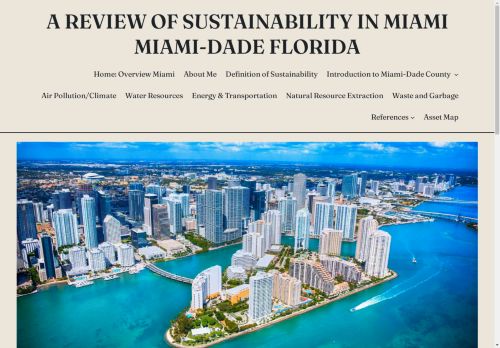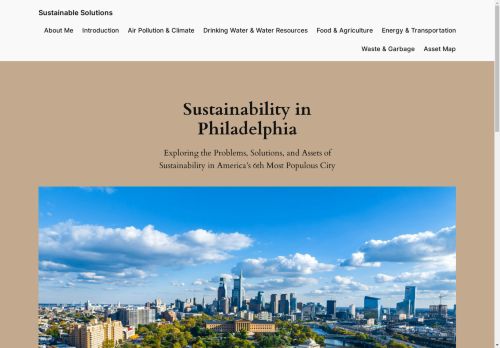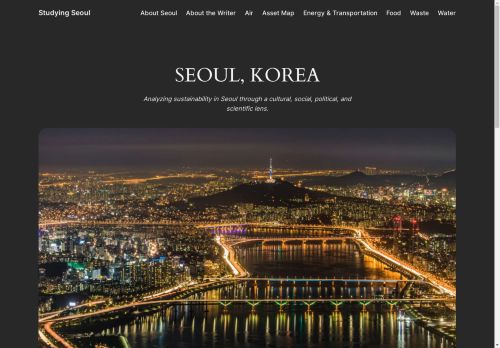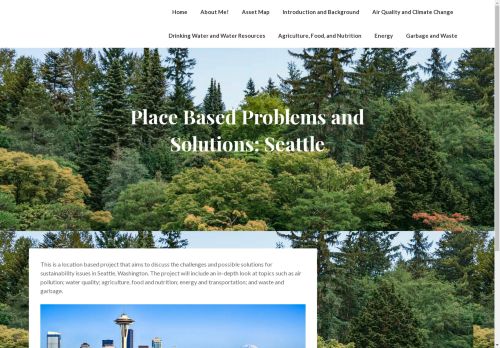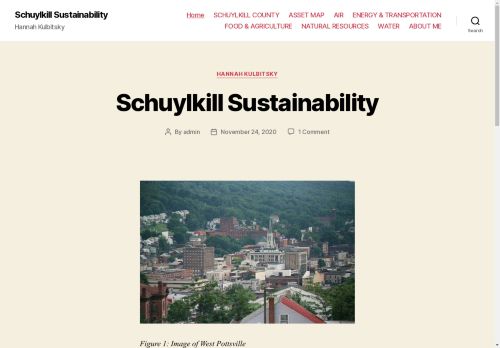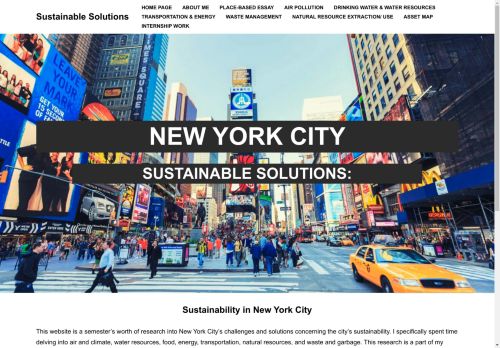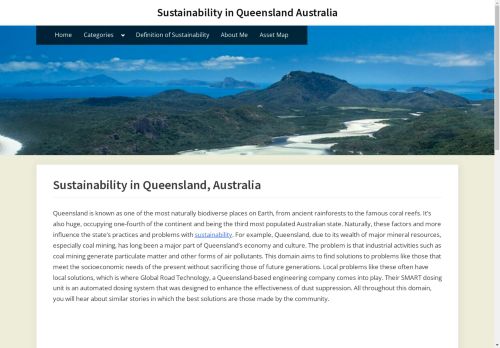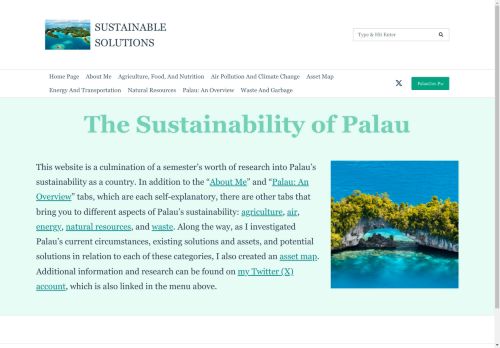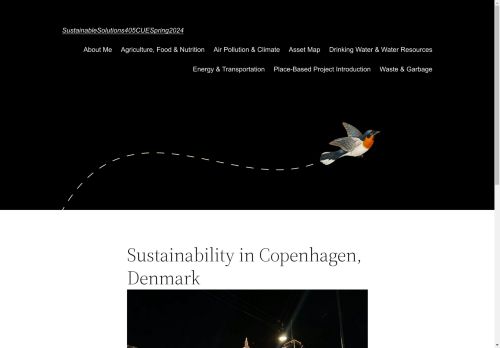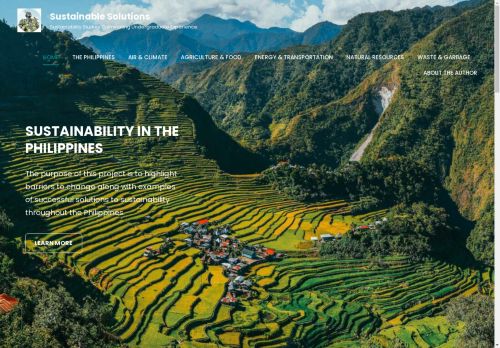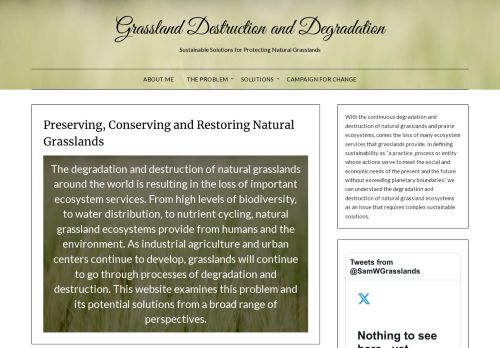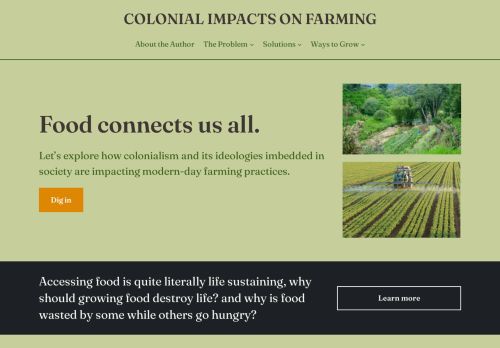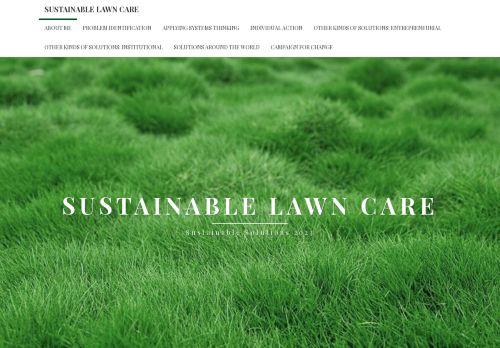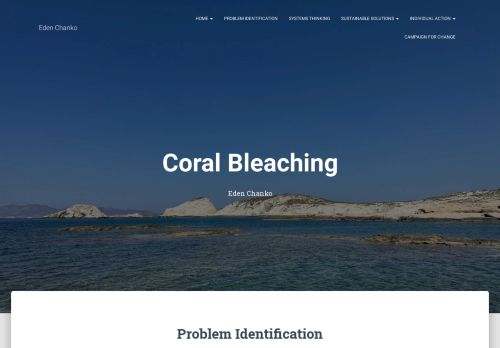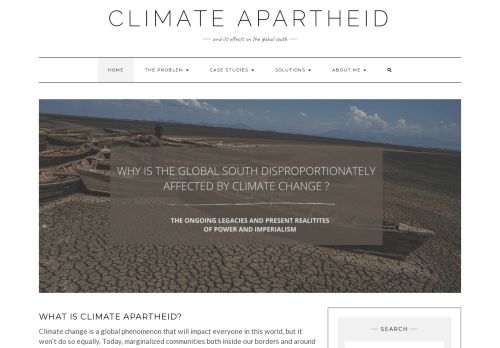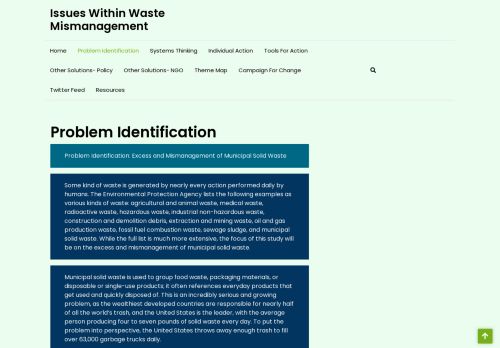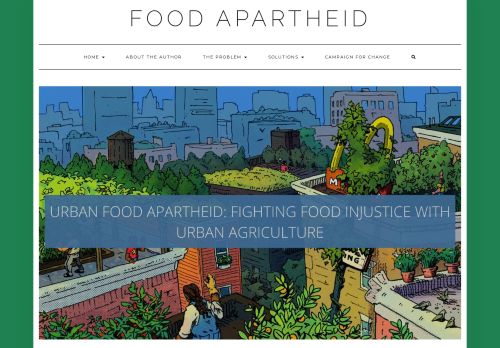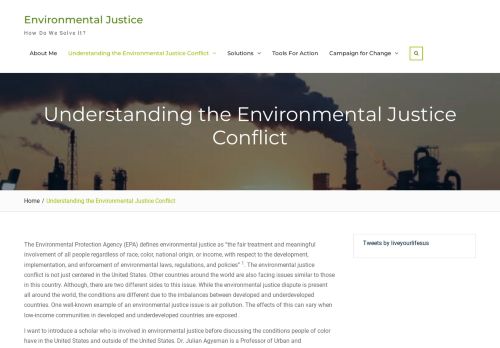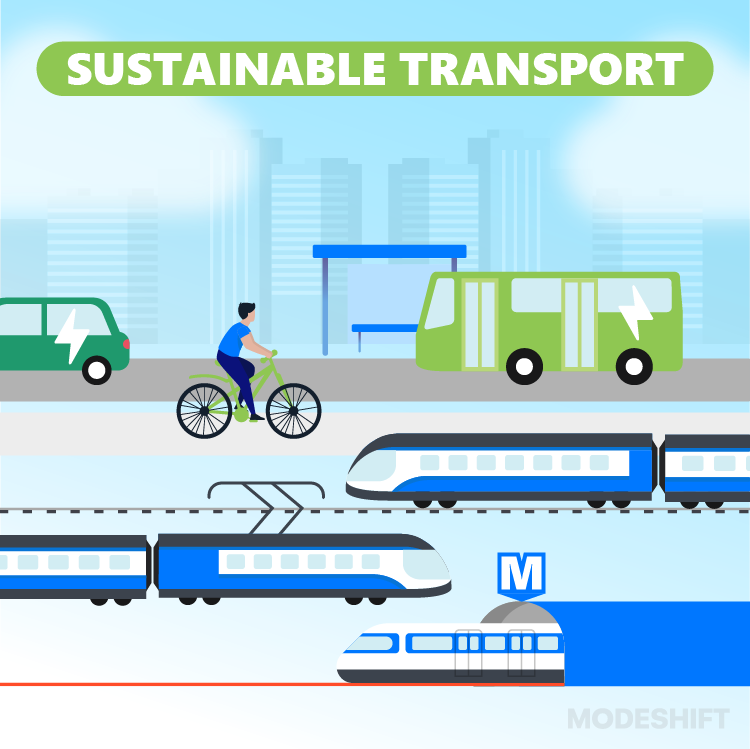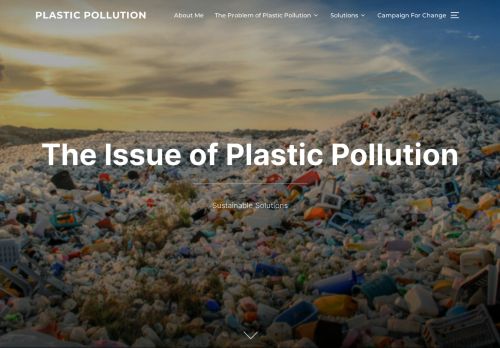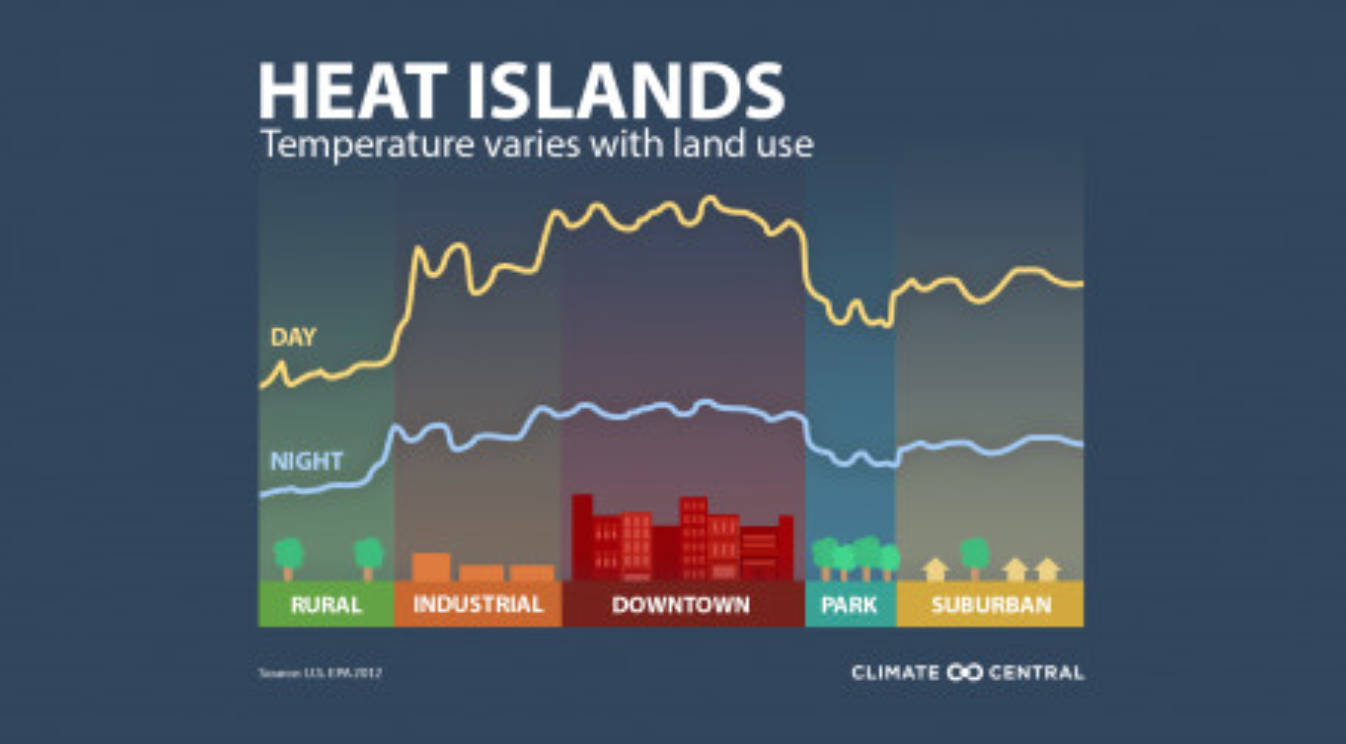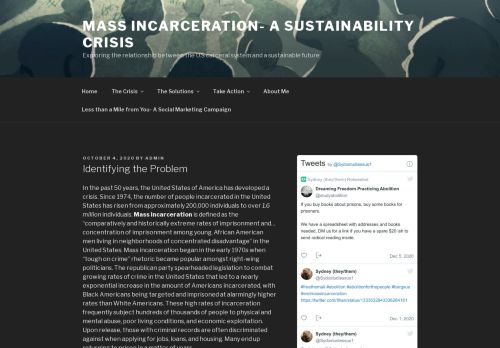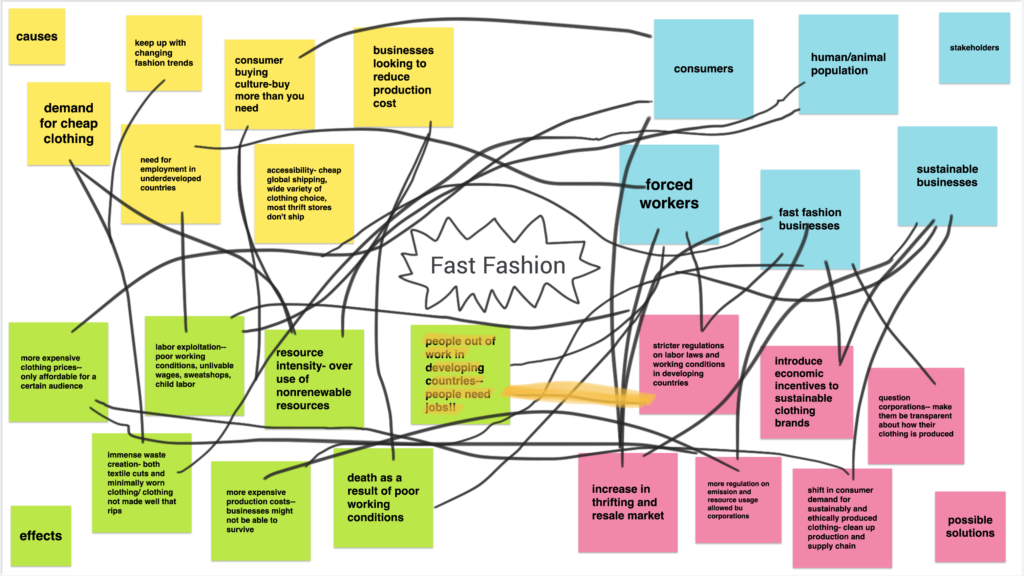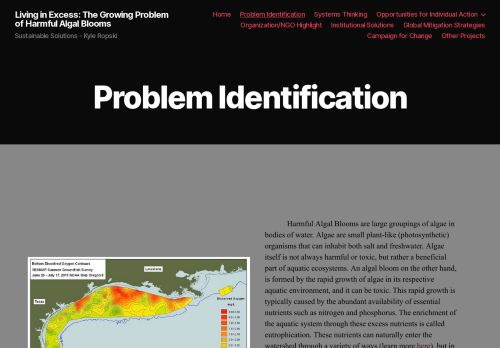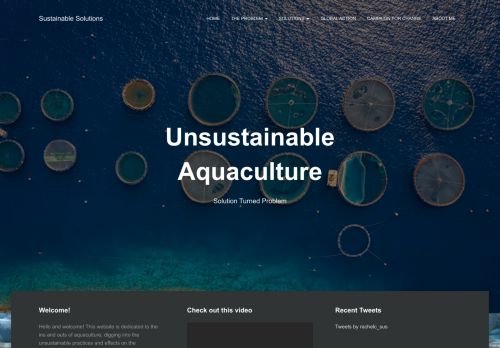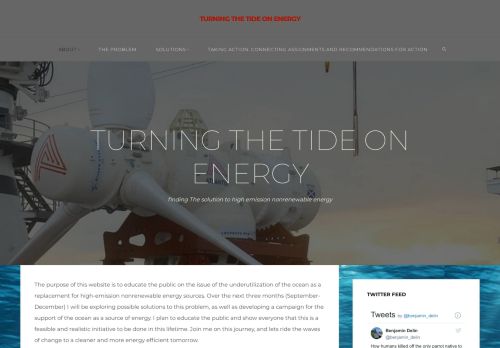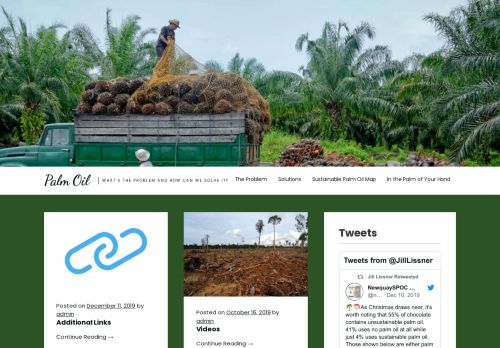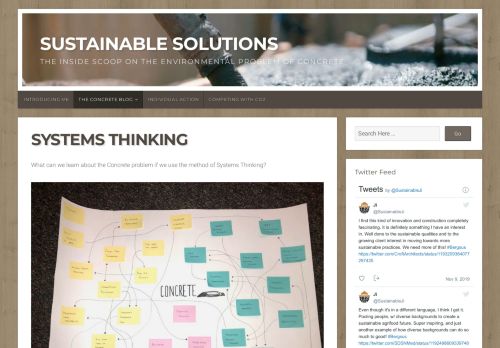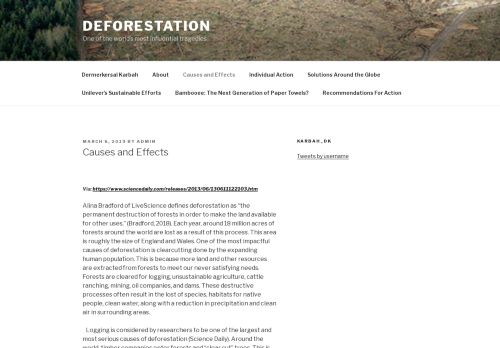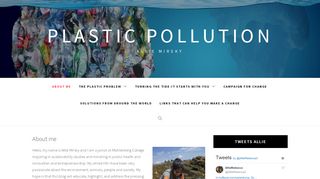
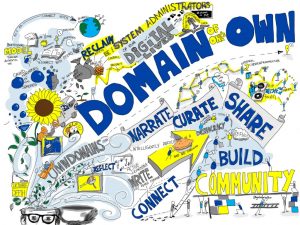
According to Audrey Waters in her article The Web We Need to Give Our Students , providing students with their own digital domain is a radical act. It gives them the ability to work on the Web and with the Web. This is particularly important in the area of Sustainability Studies, a field that is evolving or even transforming at exponential rates. This transformation is being fueled by digital technologies, and is being played out in the digital world.
Training students to participate in this digital space is vital to their role as future sustainability professionals. Through this approach students learn how to access new information as fast as it is created, and get it first hand. They can then reflect on it, experiment with it, and integrate it with other perspectives ultimately sharing it with the world. It allows their investigations and impact to move from the local to the global. Because their work is in the public sphere, they take ownership for it and recognize that the quality of their work goes beyond a grade, but becomes part of their public persona.

Below are examples of some of the domains in progress for the Course, Sustainable Solutions, at Muhlenberg College. Originally students were asked to identify a problem related to sustainability. Throughout the semester they explore a variety of solutions to these problems through research and writing – all of this work is then posted on their own domain. Ultimately they develop a global, multifaceted campaign to address their problem that remains present in the public sphere. In this past year (spring 2024) students were asked to take a place-based approach to identifying sustainability related problems in a location or region of their choice through cultural, social, political, and scientific lenses and how those problems are being addressed across sectors. Each student also created a sustainability asset map for their location as means to identify sustainability related strengths, opportunities, and weaknesses.
Formal and informal assessment has shown that the use of domain pedagogy in this course has increased students awareness of the connectivity among their assignments, and their sense of ownership of their own work. Students were more likely to return to prior assignments for revision as their thinking about the problem developed and became more focused. Students also reported that they viewed web-page development as an important skill for sustainability related careers.
Student Domains
Click on the thumbnail to explore the domain
